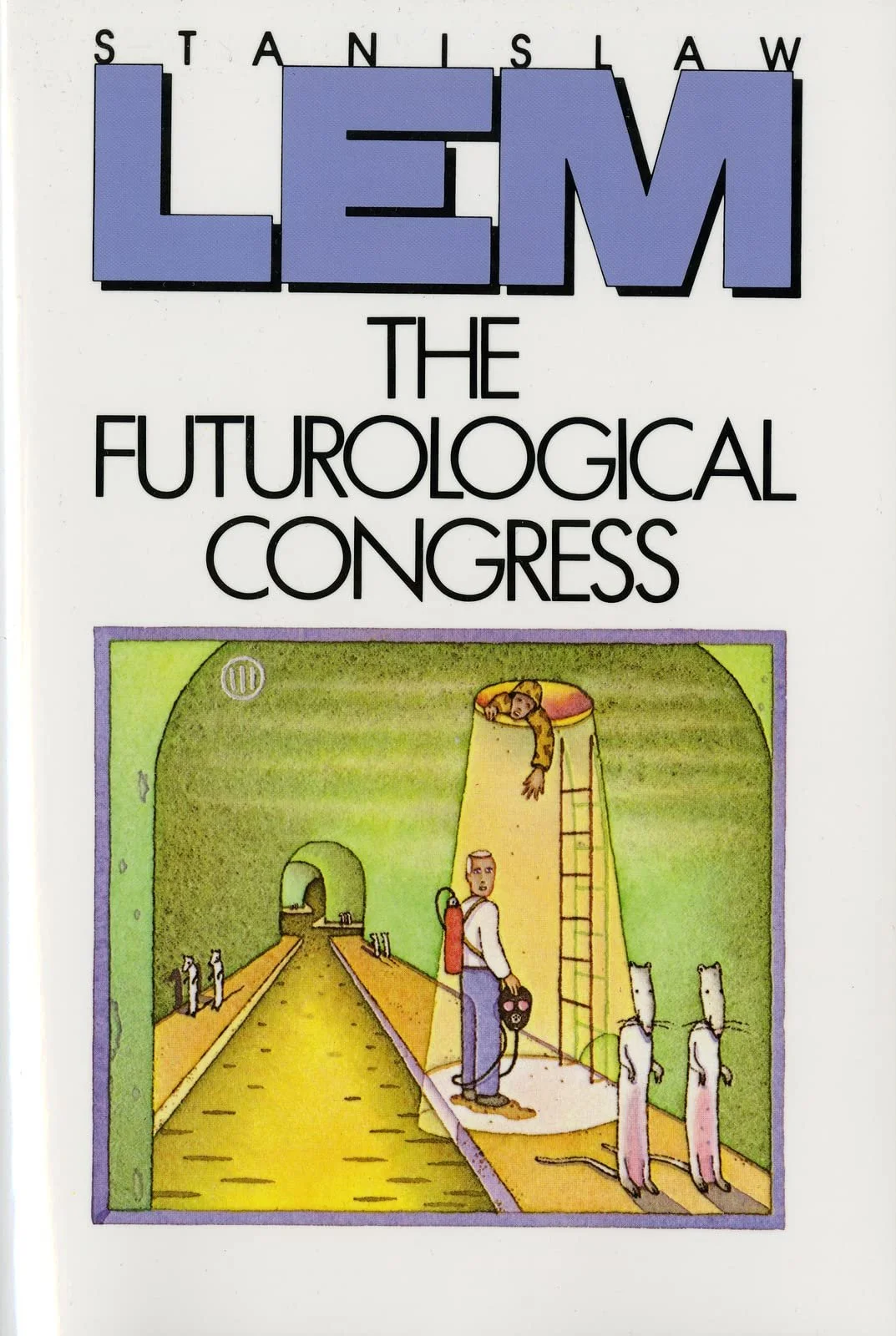Stanislaw Lem
In 1976, in a preface to the classic Russian science fiction novel A Roadside Picnic by Arkady and Boris Strugatsky, the great Theodore Sturgeon mentioned that Stanislaw Lem was then the most widely read science fiction writer in the world. Sturgeon loved to provoke, but he always did so on a factual basis. Ursula K. Le Guin, another internationalist pillar of writing, wrote an introduction to Lem’s Solaris. Testimonials to Lem’s importance may be found from any number of writers. As usual for the US market, however, translated fiction is a steep hill to climb for readers’ acceptance and enthusiasm.
Lem (1921-2006) was a Polish fiction writer and wide-ranging essayist on philosophy and literary criticism. He has been translated into more than 50 languages and sold scores of millions of copies worldwide. He had a talent for the satirical approach to the future, but he also was a skilled investigator of dark psychological depths in what seemed to be straightforward adventure stories. He knew when not to overexplain — indeed, the impossibility of communication was a theme of the work of this Pole born in Lviv, which became part of Ukraine, who trained to be a doctor and could not bear the sight of blood, who wrote star-spanning works of imagination under Soviet censorship guidelines.
Recently, Lem has had the posthumous good fortune to be published by MIT Press. The attractive editions inspired me to create this page dedicated to him. I will be adding the many title of his earlier primary publisher, Harcourt, as I get the opportunity.
The Futurological Congress
The Futurological Congress
The Futurological Congress is the fourth satirical science fiction novel in the Memoirs of Ijon Tichy series from Kafka Prize–winning author Stanislaw Lem.
“Nobody can really know the future. But few could imagine it better than Lem.”—Paris Review
Bringing his twin gifts of scientific speculation and scathing satire to bear on that hapless planet, Earth, Lem sends his unlucky cosmonaut, Ijon Tichy, to the Eighth Futurological Congress. Caught up in local revolution, Tichy is shot and so critically wounded that he is flashfrozen to await a future cure—a future whose strangeness exceeds anything the congress conjectured.
Translated by Michael Kandel.
“A vision of Earth’s future where the authorities dose the population with ‘psychemicals’ to make life in a desperately over-populated world worth living.”—Boston Globe

